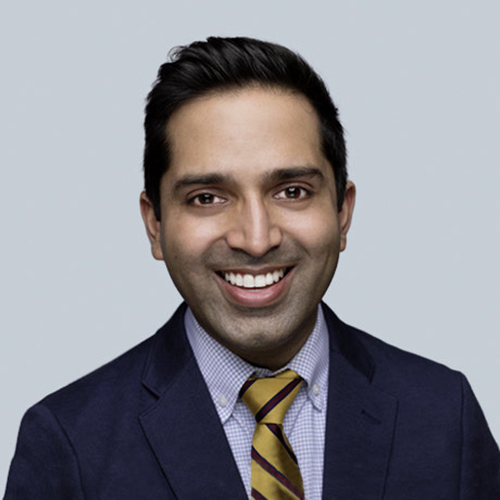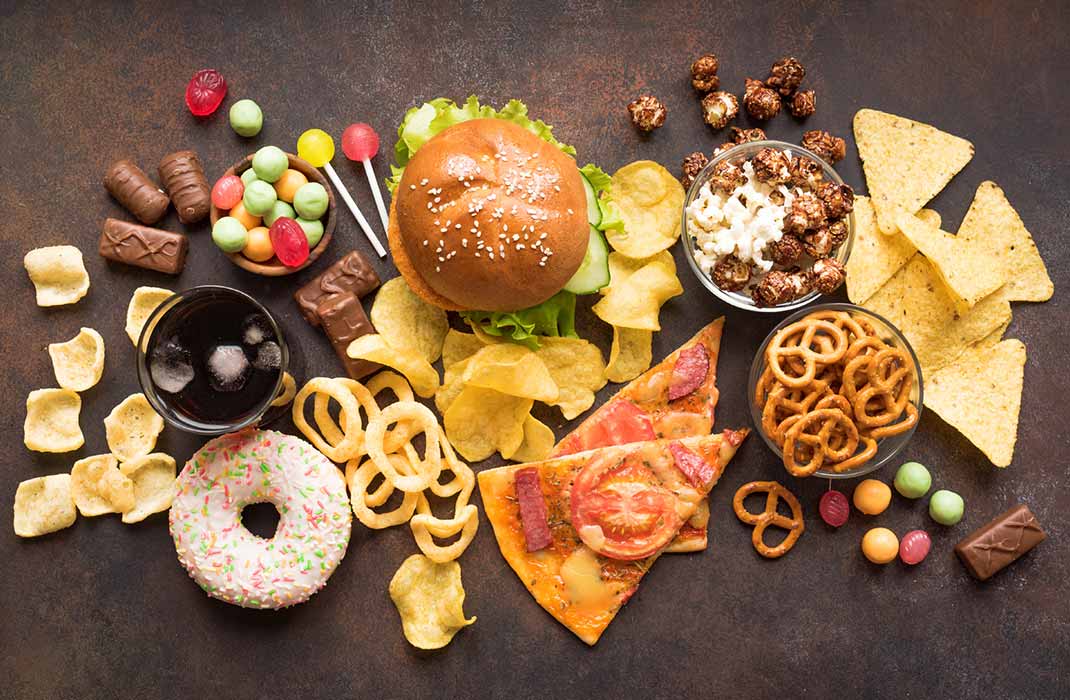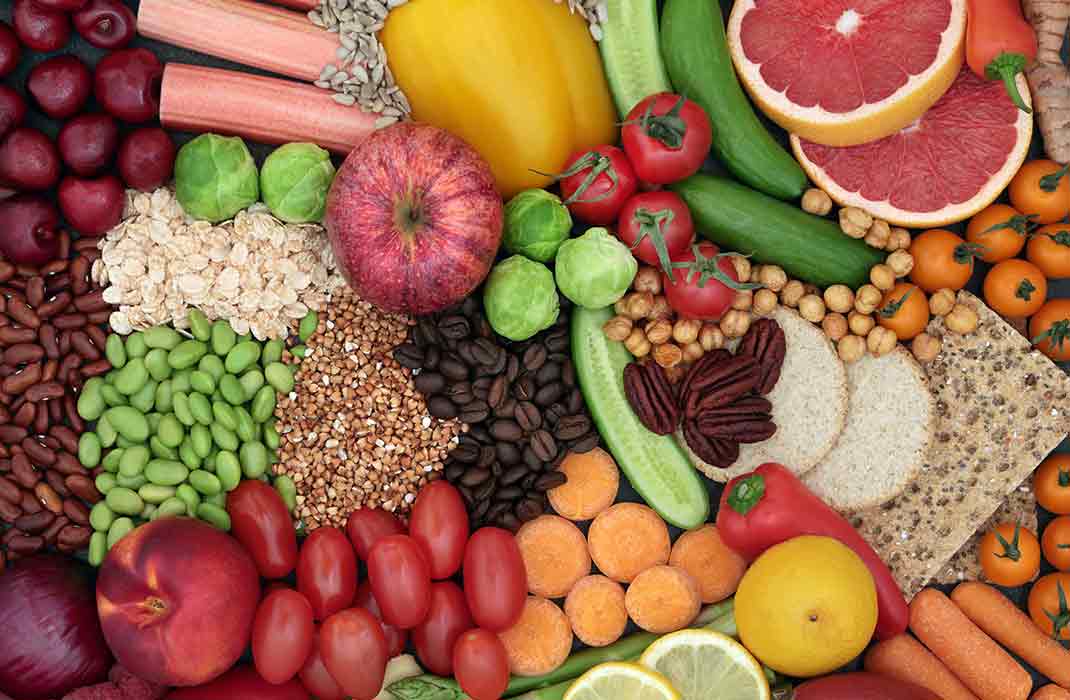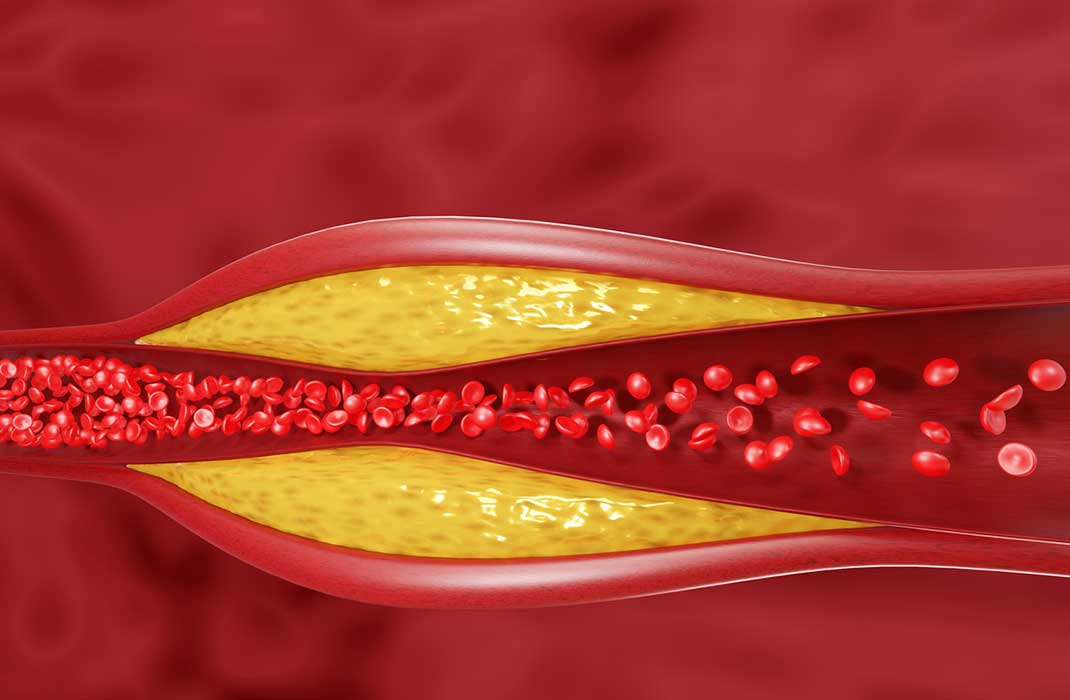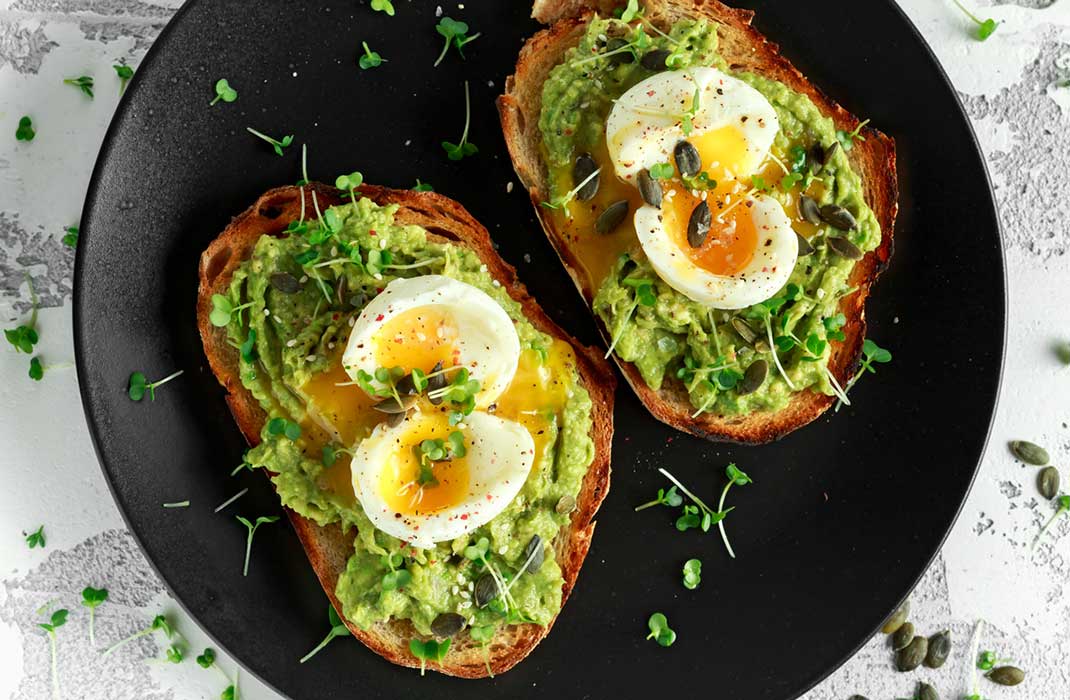-
- Find Care
-
- Visitor Information
- Find a Location
- Shuttles
- Visitor Policies
-
-
- Our Virtual Care Options
- 24/7 Virtual Care
- Virtual Visits for Primary & Specialty Care
- Online Second Opinions
- Participate in Research
-
- Contact us
-
- For Innovators
- Commercialization Guide for Innovators
-
-
- Research News
- Alzheimer's Disease
- Artificial Intelligence
-
- Overview
-
- Overview
- Getting Started
- New to Mass General Brigham
- International Patient Services
- What Is Patient Gateway?
- Planning Your Visit
- Find a Doctor (opens link in new tab)
- Appointments
- Patient Resources
- Health & Wellness
- Flu, COVID-19, & RSV
- Billing & Insurance
- Financial Assistance
- Medicare and MassHealth ACOs
- Participate in Research
- Educational Resources
- Visitor Information
- Find a Location
- Shuttles
- Visitor Policies
- Find Care
-
- Overview
- Our Virtual Care Options
- 24/7 Virtual Care
- Virtual Visits for Primary & Specialty Care
- Online Second Opinions
-
- Overview
- Participate in Research
-
- Overview
- About Innovation
- About
- Team
- News
- For Industry
- Venture Capital and Investments
- World Medical Innovation Forum (opens link in new tab)
- Featured Licensing Opportunities
- For Innovators
- Commercialization Guide for Innovators
- Contact us
-
- Overview
- Information for Researchers
- Compliance Office
- Research Cores
- Clinical Trials
- Advisory Services
- Featured Research
- Two Centuries of Breakthroughs
- Advances in Motion (opens link in new tab)
- Brigham on a Mission (opens link in new tab)
- Gene and Cell Therapy Institute
- Research News
- Alzheimer's Disease
- Artificial Intelligence
-
- Overview
-
- Overview
- Residency & fellowship programs
- Brigham and Women's Hospital
- Massachusetts General Hospital
- Mass Eye and Ear
- Newton-Wellesley Hospital
- Salem Hospital
- Integrated Mass General Brigham Programs
- Centers of Expertise
- Global & Community Health
- Health Policy & Management
- Healthcare Quality & Patient Safey
- Medical Education
- For trainees
- Prospective trainees
- Incoming trainees
- Current trainees
- Continuing Professional Development
Worst Foods for High Cholesterol

You need cholesterol. It’s a crucial material your body uses to build the hormones, cells, and vitamins that keep you alive and healthy.
But many people—including 94 million American adults, according to the Centers for Disease Control and Prevention (CDC)—have high cholesterol levels, which puts them at an increased risk of heart disease and stroke.
Romit Bhattacharya, MD, a Mass General Brigham cardiologist, explains what it really means to have unhealthy cholesterol levels. Dr. Bhattacharya is the associate director of the Cardiac Lifestyle Program at Massachusetts General Hospital. He shares tips about the worst and best foods to eat when you have high cholesterol.
What is cholesterol?
Many people are familiar with the term “cholesterol,” and have heard that high cholesterol is dangerous. But to truly grasp the value of healthy cholesterol levels, it’s important to understand what the word means.
“Cholesterol is a particle in the blood that all humans and animals need to live,” says Dr. Bhattacharya. “But in today’s day and age, we end up with too much of it. Its primary role is to create a membrane—like a bubble—around molecules in the body and help them travel from place to place.”
What are the worst foods for high cholesterol?
What are the best foods to lower high cholesterol naturally?
Are eggs bad for cholesterol?
Lower cholesterol through consistent lifestyle changes
For those truly looking to lower their cholesterol, Dr. Bhattacharya adds that it’s important to think not just in terms of quick results, but in terms of a consistent lifestyle.
“Fad diets don’t work as well. They can get you down briefly, but then—boom—you’re back up. Maintaining healthy cholesterol is really about consistency of effort. If you’re doing 80% of the right things 80% of the time, that’s a great start.”
Why is high cholesterol dangerous?
According to Dr. Bhattacharya, the concept of high cholesterol is not as cut and dry as it seems. That’s because when doctors talk about cholesterol levels, they’re referring to average levels in a world where most people get more than they need. Dr. Bhattacharya recommends thinking about this more as a concept of “unhealthy levels of cholesterol” in your body.
Here’s why: “Imagine you live near a factory that gives off dangerous fumes. You might not have asthma or be coughing day in and day out, but in the back of your mind, you’re wondering if it’s healthy to inhale these fumes every day. That’s how I’d think about cholesterol: We’re all living in a world where we’re exposed to higher levels of it than we should be.”
When your body has more cholesterol than it needs, problems arise. Dr. Bhattacharya explains cholesterol begins to build up on the walls of your arteries, increasing your chance of developing heart disease and other serious problems.
Does high cholesterol cause symptoms?
One tricky thing about high cholesterol is that unlike some medical concerns, unhealthy cholesterol levels may not cause noticeable symptoms.
“It’s a game of trust,” explains Dr. Bhattacharya. “If your doctor tells you your cholesterol is too high, you need to act on it—even if you’re feeling well.”
Although high cholesterol doesn’t usually cause symptoms, Dr. Bhattacharya says there is one sign that can often go unnoticed: erectile dysfunction.
“We used to think erectile dysfunction in men over 40 was happening because people were getting older. But it’s a problem of blood flow. The blood vessels in the penis are like the blood vessels in the heart. When enough cholesterol cakes the walls of the blood vessels, blood and nutrients can’t get to those organs.”
Otherwise, the first symptoms are often a heart attack, stroke, or chest pain (called angina). Because the first symptoms of high cholesterol are often debilitating events like heart attack and stroke, it is especially important to get your cholesterol measured regularly by your doctor and make sure you are maintaining healthy cholesterol levels.
Does high cholesterol cause heart attack or stroke?
“Heart attack and stroke are the most common problems caused by a very high cholesterol level,” says Dr. Bhattacharya. “When cholesterol builds up along artery walls, that’s called atherosclerosis—and heart attack and stroke are both typical diseases atherosclerosis can cause. When we think about the ways that we can prevent cardiovascular disease, which is the number-one cause of death in the world, controlling your cholesterol and blood pressure are key.”
Managing cholesterol and blood pressure
Talk to your health care provider if you need help managing your cholesterol and blood pressure. Working together, you can discuss lifestyle changes, treatment options, and a plan to monitor your levels. This way, you can keep them under control to help prevent heart attack and stroke.
